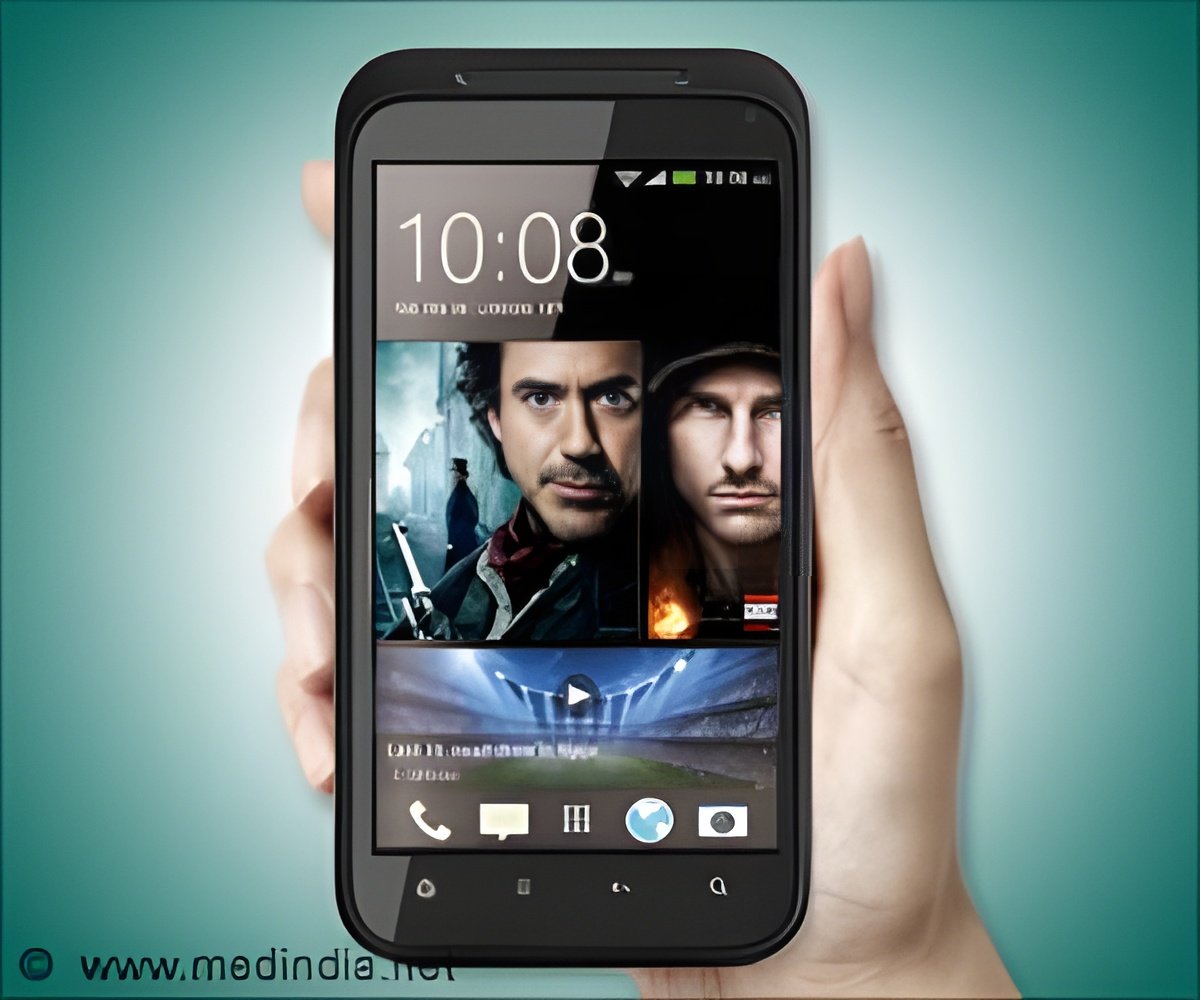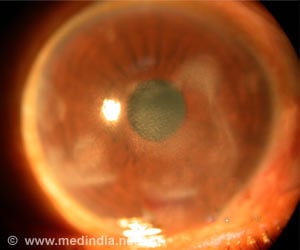
The researchers said, "A hand-held smartphone compels the user to engage in repetitive flexion/extension of the wrist and to use their thumb to text, movements that are involved in the etio-pathophysiology of CTS."
102 university students, 66 of whom used a single-hand-held smartphone and 36 of whom did not use a smartphone were part of the study. Researchers divided the study participants into three groups according to their level of smartphone use- nonusers, low users, and high users. This use was based according to the Smartphone Addiction Scale (SAS).
Inal said, "There are no official diagnostic criteria for smartphone addiction, but based on Internet addiction, it is defined as the overuse of smartphones to the extent that it disturbs the users’ daily lives. It has been reported that smartphone addiction has many features of addiction, such as tolerance, withdrawal symptoms, preoccupation, mood dysregulation, craving, and loss of control."
Researchers carried out several functional evaluations and found that the median nerve ratios were significantly higher in participants with high smartphone users compared with nonusers. Ultrasonography also showed the enlargement of FPL tendon in all groups of students, but most markedly in high smartphone users. This finding suggests overuse. The study also revealed that SAS scores are correlated with pinch strength. Pain in the thumb was found to be more with an increase in SAS score.
Inal said, "Clinicians should be careful about the median nerve and the flexor pollicis longus tendon when examining the hand of someone who is a frequent smartphone user. It might be possible to prevent the repetitive flexion/extension of the wrist and lessen the enlargement of the medial nerve by using a smartphone with two hands instead of one. Putting the keys at the top of the smartphone may also lessen these risks. But we think that duration of daily smartphone use is the most important factor affecting the median nerve, pinch strength, and hand function."
Advertisement
Source-IANS








